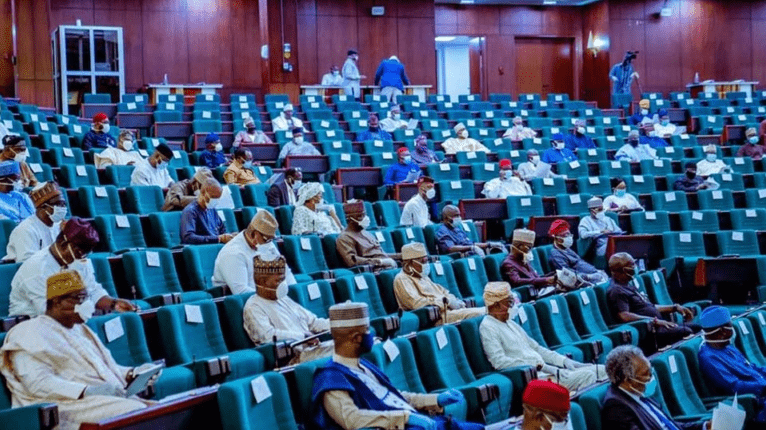The House of Representatives has resolved to investigate the procurement process of the Lagos -Calabar coastal high way.
The House also called on the Minister of Works, Minister of Finance and the Attorney-General of the Federation and Minister of Justice to ensure that all guarantees and credit enhancement instruments for the Lagos-Calabar Coastal Road Project are sent to the National Assembly for approval.
The House also mandated it’s committees on Procurement and Works to investigate the procurement process of the contract for the Lagos-Calabar Coastal Highway.
The motion titled “Urgent need to Investigate the procurement process and award of contract for the Lagos-Calabar Coastal Highway was moved by Hon Austin Achado (APC-Benue) during plenary in Abuja.
Moving the motion Achado noted that the award of contract did not follow due process and that it also did not get approval of the National Assembly hence the need to thoroughly investigate the procurement process of the contract.
The Lawmaker expressed concerns that the Procurement Strategy may have violated the Public Procurement Act 2007, section 40(2) which requires that where a procuring authority adopts to use Restrictive Tendering Approach, it should be on the basis that the said goods and services are available only from a limited number of Suppliers and Contractors and as such, tenders Shall be invited from all such Contractors who can provide such goods and services.
According to him, the Procurement Strategy adopted by the Federal Ministry of Works for the award of the contract violates the Infrastructure Concession and Regulatory Commission Act 2905, as Section 4 of the Act outlines that all approved Infrastructure projects and contracts for Financing, Construction and Maintenance must be advertised for Open Competitive Public Bid, in at least three National dailies and Section 5 of the Act further clarifies that any Direct Negotiations with only one Contractor could be allowed, only after exhausting the provisions of section 4.
He worried that the Federal Ministry of Works in promoting the project has provided a rate per kilometer for the planned works, but has not provided the private partner’s financing sources, structure and competitiveness, as this is likely to create contingent liabilities to the Nigerian Government
“Disturbed that the Contingent Liabilities accruing to the Federal Government of Nigeria on this project violate the Debt Management Office (Establishment) Act of 2023, as Section 22(3) states that the Minister shall not guarantee an external loan unless the terms and conditions of the loan shall have been laid before the National Assembly and approved by its resolution.
“The guarantees issued to cover the debt financing component of this project do not have the approval of the National Assembly.
The House therefore requested it’s committees to report back to the House within 4 weeks.



